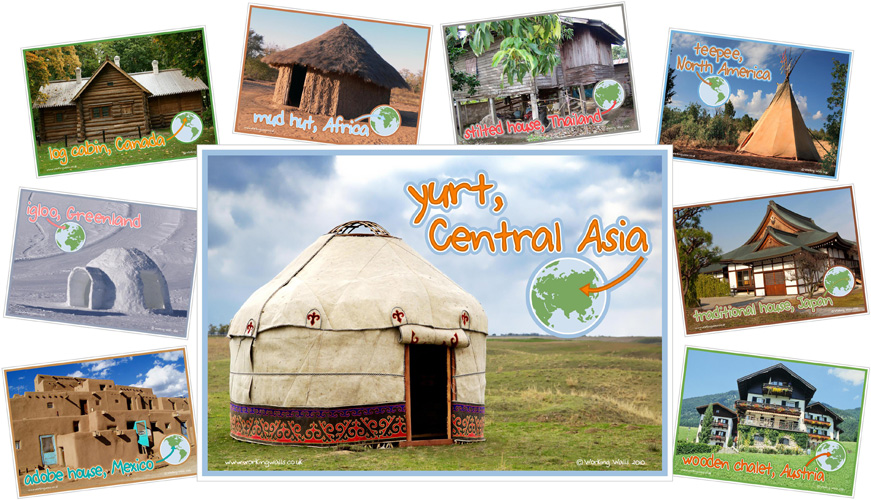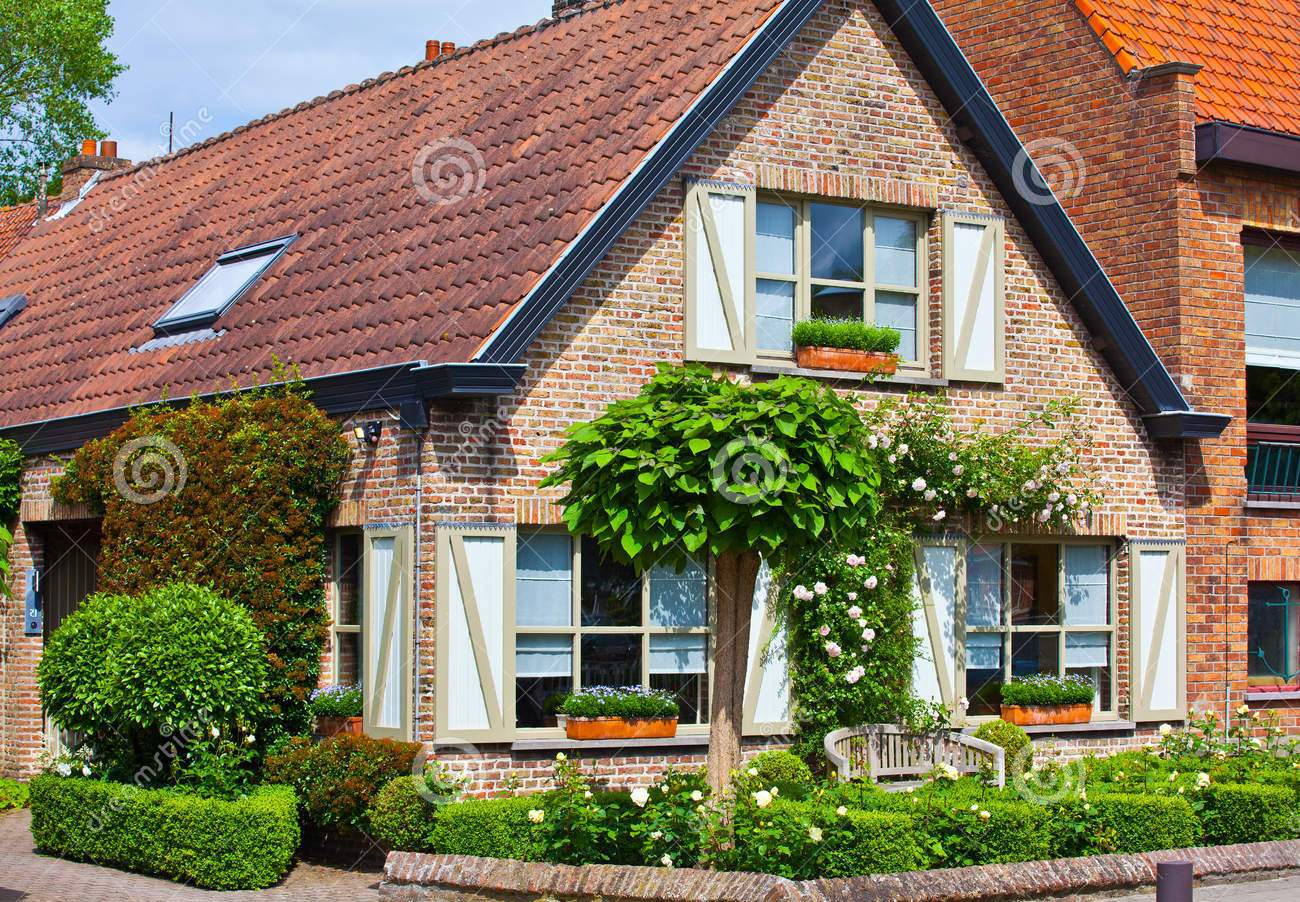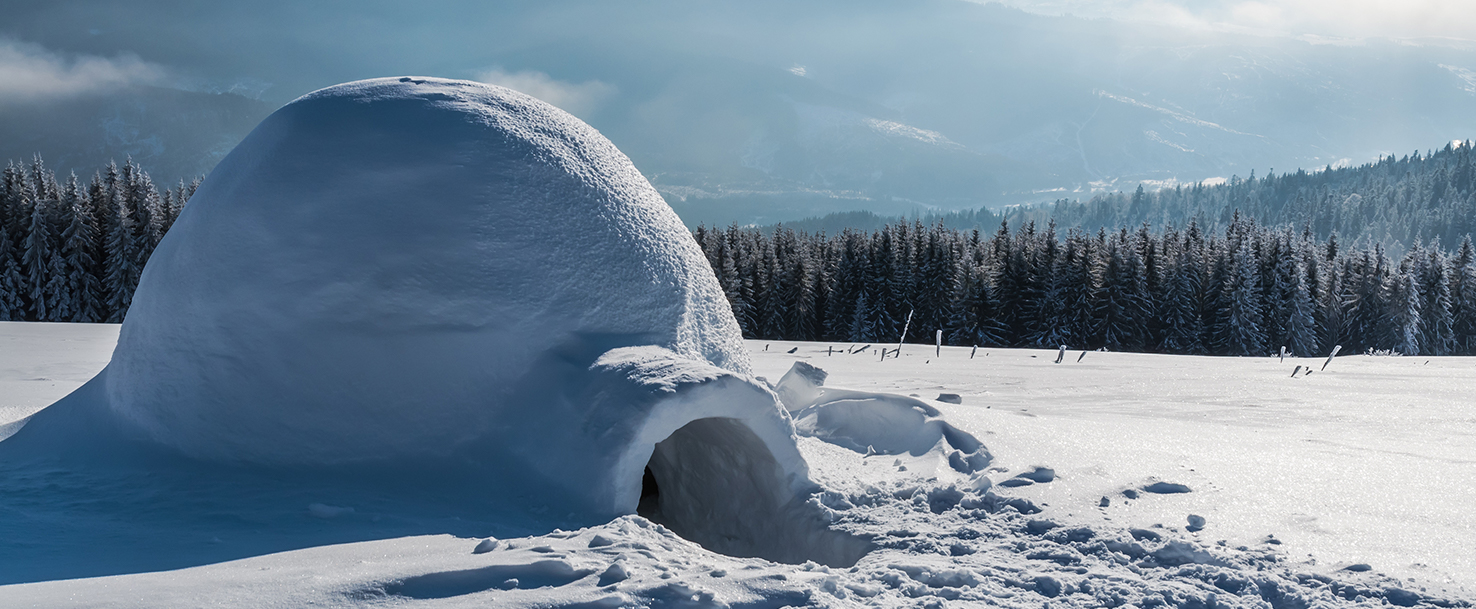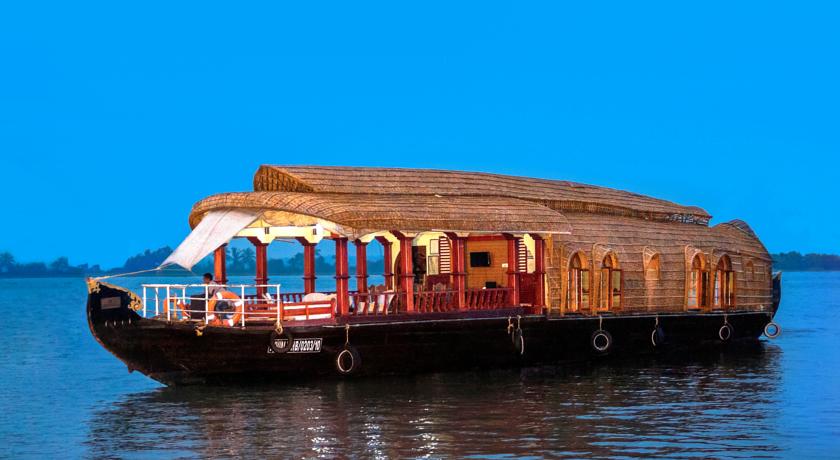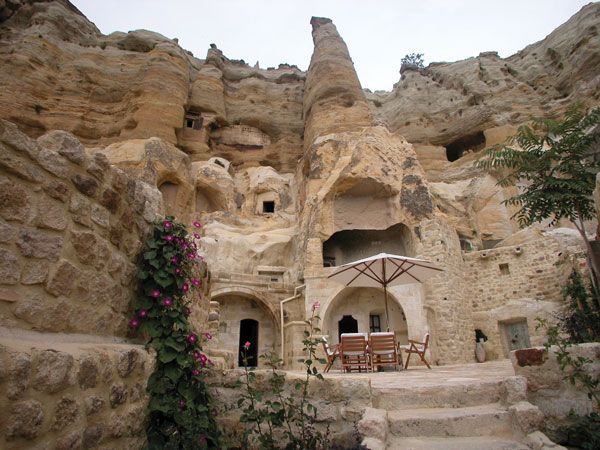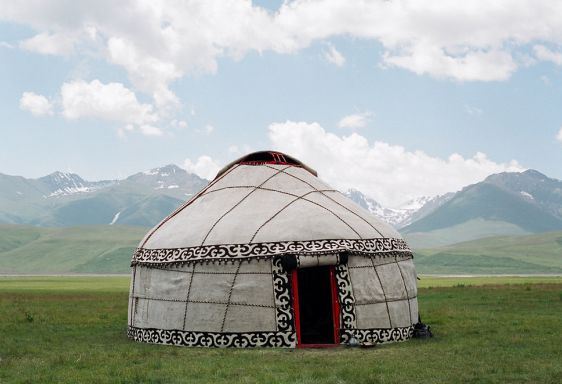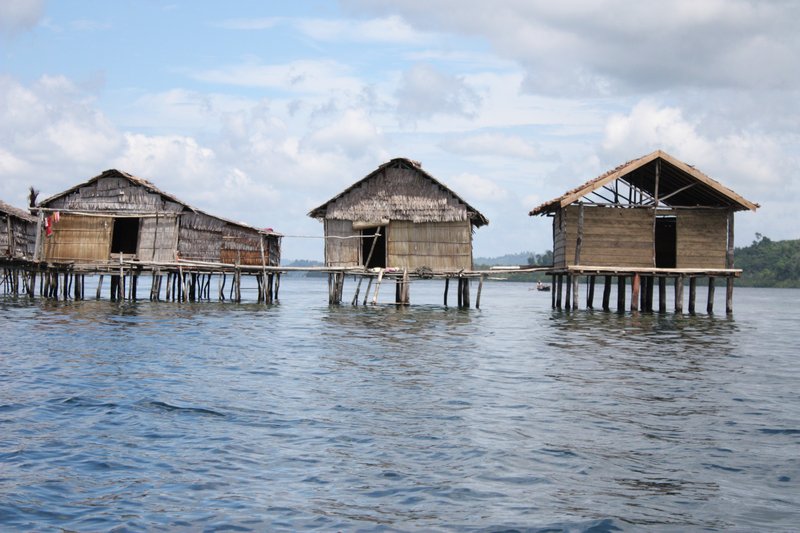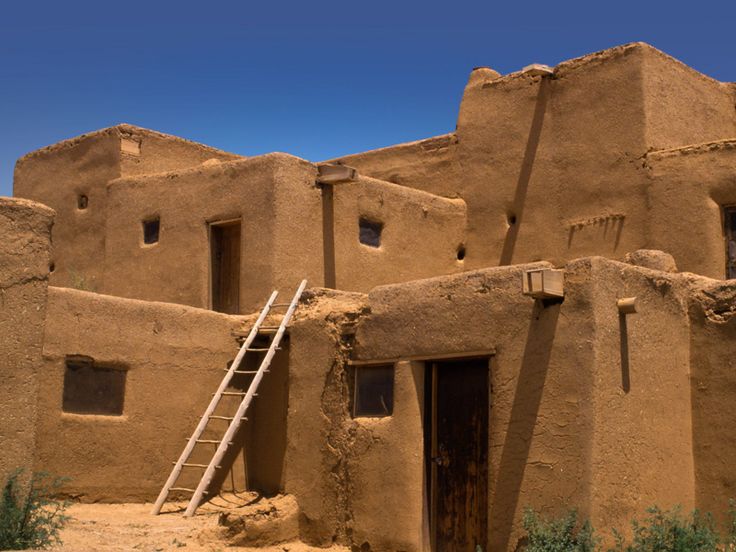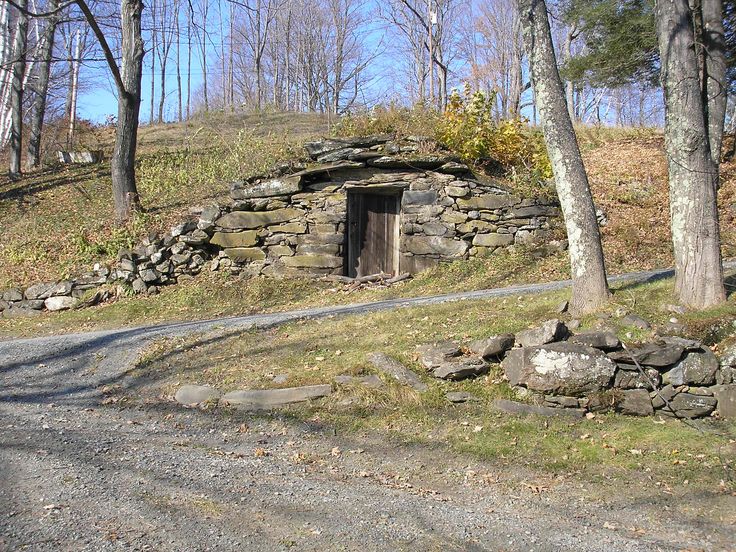Place of Living — различия между версиями
Admine2 (обсуждение | вклад) |
Msu04 (обсуждение | вклад) |
||
| Строка 3: | Строка 3: | ||
<div class="cutok">[[#/Family Relationship|Family Relationship]] [[#Household Chores|Household Chores]] [[#Life in the City & Village|Life in the City & Village]] [[#The Yard|The Yard]]</div> | <div class="cutok">[[#/Family Relationship|Family Relationship]] [[#Household Chores|Household Chores]] [[#Life in the City & Village|Life in the City & Village]] [[#The Yard|The Yard]]</div> | ||
| − | <span style="font-family:Times Nwe Roman; font-weight:bold; font-size: | + | <span style="font-family:Times Nwe Roman; font-weight:bold; font-size:20px; color:#006; font-style:italic">Types of houses around the world</span> |
| + | {{left|[[File:Types_of_houses.jpg|230px|]]}} | ||
| + | Many unique houses exist across the world. They are different according to the varying history, geographical factors and sciences applied in building them at different places. Here’s a quick look at some of these interesting types of houses. | ||
| − | [[ | + | <span style="font-family:Times Nwe Roman; font-weight:bold; font-size:20px; color:#006; font-style:italic">Brick House</span> |
| + | {{right|[[File:Brick_house.jpg|230px|]]}} | ||
| + | Bricks came to replace materials such as wood, stone, mud and straw with the advance in technology. Bricks are made of clay that is moulded and later dried or fired, and are relatively sturdier as building material. | ||
| + | Brick houses can be found in many places across the world. | ||
| − | <span style="font-family: | + | <span style="font-family:Times Nwe Roman; font-weight:bold; font-size:20px; color:#006; font-style:italic">Snow House</span> |
| + | {{left|[[File:Snow_house.jpg|230px|]]}} | ||
| + | Snow houses are made up of snow blocks built up into the shape of a dome. • These houses are also sometimes referred to as an ‘igloo’. • Temperatures inside a snow house can be raised up to around 15 degrees Celsius when the outside temperature is -40 degrees Celsius! | ||
| + | Snow houses can be found in the areas around the Arctic Circle, in places such as Alaska and Greenland. | ||
| − | <span style="font-family:Times Nwe Roman; font-weight:bold; font-size: | + | <span style="font-family:Times Nwe Roman; font-weight:bold; font-size:20px; color:#006; font-style:italic">Boat House</span> |
| − | + | {{right|[[File:Boat_house.jpg|230px|]]}} | |
| − | + | Houseboats vary in size - with some being very small while some can be up to two storeys. People who live in houseboats sleep and cook in it. There are people who use it for vacation purposes, while others stay in it all year round. | |
| − | + | <span style="font-family:Times Nwe Roman; font-weight:bold; font-size:20px; color:#006; font-style:italic">Cave House</span> | |
| + | {{left|[[File:Cave_house.jpg|230px|]]}} | ||
| + | Thought to be the earliest form of dwelling for Man, cave houses are relatively inexpensive to build, as no roofs or walls are required to be constructed. • Cave houses can be carved out from hard rock such as limestone or from softer surfaces such as loess. Cave houses can be found in Spain, Turkey, China and the United States. | ||
| − | + | <span style="font-family:Times Nwe Roman; font-weight:bold; font-size:20px; color:#006; font-style:italic">Yurt</span> | |
| + | {{right|[[File:Yurt.jpg|230px|]]}} | ||
| + | Yurts are built in the shape of a circle with a wooden frame, and covered over with thick felt mats. The parts used in the yurt are light enough for horses and yaks to carry around, and are thus easily movable as homes when families shift across grasslands. | ||
| + | Yurt houses are foldable homes used by people in Central Asia, most commonly in Mongolia. | ||
| − | [[ | + | <span style="font-family:Times Nwe Roman; font-weight:bold; font-size:20px; color:#006; font-style:italic">Stilt House</span> |
| + | {{left|[[File:Stilt_house.jpg|230px|]]}} | ||
| + | Instead of being at ground level, some houses are raised above ground with stilts. • This protects them from floods, and also from the wild animals that roam around. The elevation also keeps the house cool. Stilt houses can be found at coastal areas where it is easily flooded, but can also be found inland. | ||
| + | They are common in parts of Southeast Asia. | ||
| − | + | <span style="font-family:Times Nwe Roman; font-weight:bold; font-size:20px; color:#006; font-style:italic">Mud House</span> | |
| − | + | {{right|[[File:Mud_house.jpg|230px|]]}} | |
| − | + | Mud helps increase the sturdiness of houses, and is usually combined with different materials such as straw, sticks and even cattle dung and oil. | |
| − | [[ | + | Mud is thought to be one of the most extensively-used material in the building of houses through Africa, parts of Central and South America, India, China and Southeast Asia. |
| − | |||
| − | |||
| − | |||
| − | |||
| − | |||
| − | |||
| − | |||
| − | [[ | + | <span style="font-family:Times Nwe Roman; font-weight:bold; font-size:20px; color:#006; font-style:italic">Underground House</span> |
| + | {{left|[[File:Underground_house.jpg|230px|]]}} | ||
| + | Underground houses were said to be first introduced by the Berber people in North Africa in the 7th century. They used underground homes as a way to defend against foreign invasions. Such houses were also used by people in the Sahara region to protect them against the harsh temperatures. | ||
| + | Underground houses can also be found in places such as Italy, Turkey and China. | ||
| − | + | <br clear=all /><div class="light" style="float:right;>[[#Начало|В начало]]</div><br clear=all /> | |
</div> | </div> | ||
Версия 00:37, 5 марта 2018
Types of houses around the world
Many unique houses exist across the world. They are different according to the varying history, geographical factors and sciences applied in building them at different places. Here’s a quick look at some of these interesting types of houses.
Brick House
Bricks came to replace materials such as wood, stone, mud and straw with the advance in technology. Bricks are made of clay that is moulded and later dried or fired, and are relatively sturdier as building material. Brick houses can be found in many places across the world.
Snow House
Snow houses are made up of snow blocks built up into the shape of a dome. • These houses are also sometimes referred to as an ‘igloo’. • Temperatures inside a snow house can be raised up to around 15 degrees Celsius when the outside temperature is -40 degrees Celsius! Snow houses can be found in the areas around the Arctic Circle, in places such as Alaska and Greenland.
Boat House
Houseboats vary in size - with some being very small while some can be up to two storeys. People who live in houseboats sleep and cook in it. There are people who use it for vacation purposes, while others stay in it all year round.
Cave House
Thought to be the earliest form of dwelling for Man, cave houses are relatively inexpensive to build, as no roofs or walls are required to be constructed. • Cave houses can be carved out from hard rock such as limestone or from softer surfaces such as loess. Cave houses can be found in Spain, Turkey, China and the United States.
Yurt
Yurts are built in the shape of a circle with a wooden frame, and covered over with thick felt mats. The parts used in the yurt are light enough for horses and yaks to carry around, and are thus easily movable as homes when families shift across grasslands. Yurt houses are foldable homes used by people in Central Asia, most commonly in Mongolia.
Stilt House
Instead of being at ground level, some houses are raised above ground with stilts. • This protects them from floods, and also from the wild animals that roam around. The elevation also keeps the house cool. Stilt houses can be found at coastal areas where it is easily flooded, but can also be found inland. They are common in parts of Southeast Asia.
Mud House
Mud helps increase the sturdiness of houses, and is usually combined with different materials such as straw, sticks and even cattle dung and oil. Mud is thought to be one of the most extensively-used material in the building of houses through Africa, parts of Central and South America, India, China and Southeast Asia.
Underground House
Underground houses were said to be first introduced by the Berber people in North Africa in the 7th century. They used underground homes as a way to defend against foreign invasions. Such houses were also used by people in the Sahara region to protect them against the harsh temperatures. Underground houses can also be found in places such as Italy, Turkey and China.
10 REAL Houses
Inspired by Cartoons

